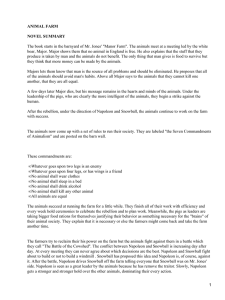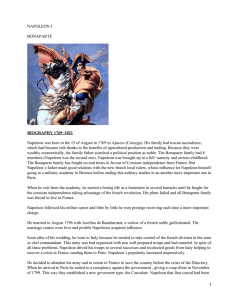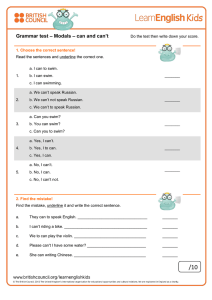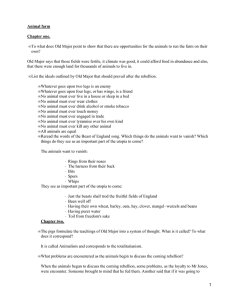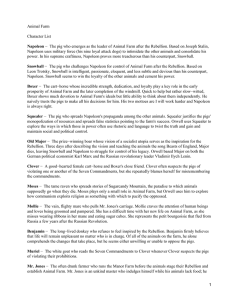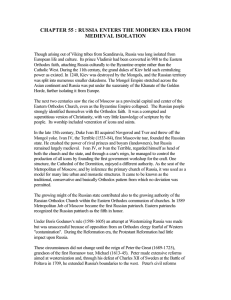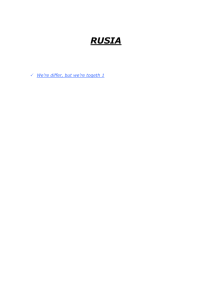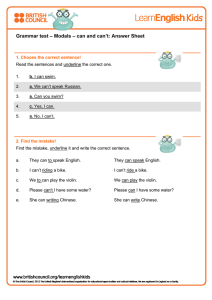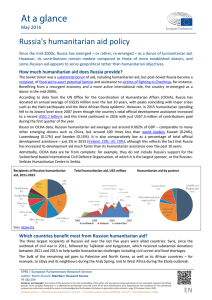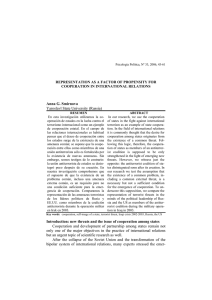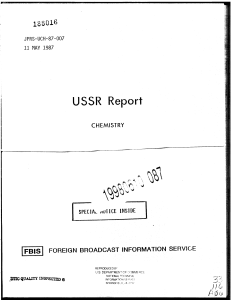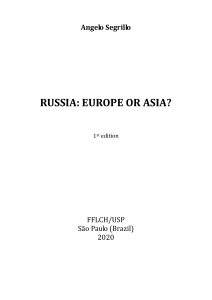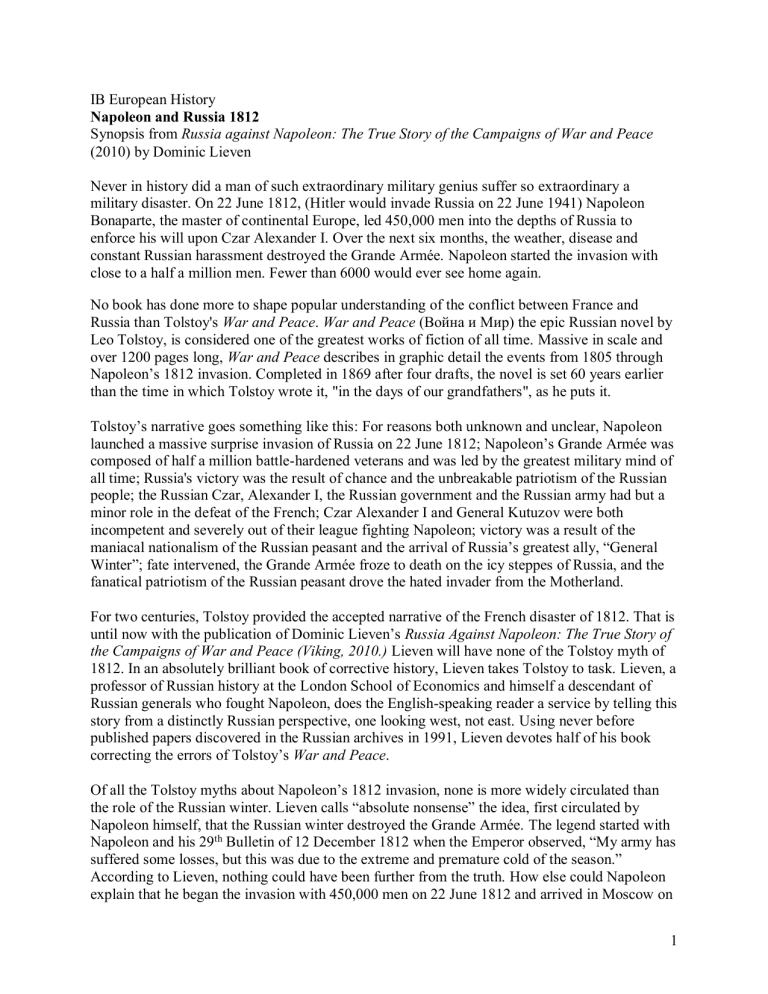
IB European History Napoleon and Russia 1812 Synopsis from Russia against Napoleon: The True Story of the Campaigns of War and Peace (2010) by Dominic Lieven Never in history did a man of such extraordinary military genius suffer so extraordinary a military disaster. On 22 June 1812, (Hitler would invade Russia on 22 June 1941) Napoleon Bonaparte, the master of continental Europe, led 450,000 men into the depths of Russia to enforce his will upon Czar Alexander I. Over the next six months, the weather, disease and constant Russian harassment destroyed the Grande Armée. Napoleon started the invasion with close to a half a million men. Fewer than 6000 would ever see home again. No book has done more to shape popular understanding of the conflict between France and Russia than Tolstoy's War and Peace. War and Peace (Война и Mир) the epic Russian novel by Leo Tolstoy, is considered one of the greatest works of fiction of all time. Massive in scale and over 1200 pages long, War and Peace describes in graphic detail the events from 1805 through Napoleon’s 1812 invasion. Completed in 1869 after four drafts, the novel is set 60 years earlier than the time in which Tolstoy wrote it, "in the days of our grandfathers", as he puts it. Tolstoy’s narrative goes something like this: For reasons both unknown and unclear, Napoleon launched a massive surprise invasion of Russia on 22 June 1812; Napoleon’s Grande Armée was composed of half a million battle-hardened veterans and was led by the greatest military mind of all time; Russia's victory was the result of chance and the unbreakable patriotism of the Russian people; the Russian Czar, Alexander I, the Russian government and the Russian army had but a minor role in the defeat of the French; Czar Alexander I and General Kutuzov were both incompetent and severely out of their league fighting Napoleon; victory was a result of the maniacal nationalism of the Russian peasant and the arrival of Russia’s greatest ally, “General Winter”; fate intervened, the Grande Armée froze to death on the icy steppes of Russia, and the fanatical patriotism of the Russian peasant drove the hated invader from the Motherland. For two centuries, Tolstoy provided the accepted narrative of the French disaster of 1812. That is until now with the publication of Dominic Lieven’s Russia Against Napoleon: The True Story of the Campaigns of War and Peace (Viking, 2010.) Lieven will have none of the Tolstoy myth of 1812. In an absolutely brilliant book of corrective history, Lieven takes Tolstoy to task. Lieven, a professor of Russian history at the London School of Economics and himself a descendant of Russian generals who fought Napoleon, does the English-speaking reader a service by telling this story from a distinctly Russian perspective, one looking west, not east. Using never before published papers discovered in the Russian archives in 1991, Lieven devotes half of his book correcting the errors of Tolstoy’s War and Peace. Of all the Tolstoy myths about Napoleon’s 1812 invasion, none is more widely circulated than the role of the Russian winter. Lieven calls “absolute nonsense” the idea, first circulated by Napoleon himself, that the Russian winter destroyed the Grande Armée. The legend started with Napoleon and his 29th Bulletin of 12 December 1812 when the Emperor observed, “My army has suffered some losses, but this was due to the extreme and premature cold of the season.” According to Lieven, nothing could have been further from the truth. How else could Napoleon explain that he began the invasion with 450,000 men on 22 June 1812 and arrived in Moscow on 1 14 September 1812 with only 100,000 men still alive? Napoleon blamed his defeat on the fierce cold of the Russian winter and the world believed him. Lieven observes, “Amateurs talk military strategy, but professionals discuss military supply and logistics.” The Grande Armée, exhausted from marching across Europe and living on abysmal rations, was in horrible shape before the first shot was fired in September. Indeed most of the French army had perished by December when the weather became unusually fierce, as Russian winters tend to be. The basic point, however, is that Russian Novembers are cold, especially for exhausted and hungry men who sleep in the open, without a tent, with inadequate clothing, and with little food. What crippled the Grande Armée was not the Russian winter but a poor supply line. While Napoleon and Tolstoy would have us believe the Russian winter defeated the French, this simply was not the case. Napoleon lost most of his men before the onset of the Russian winter, all victims of one of the hottest summers on record, absolutely horrible French supply lines, and the shocking failure of the French medical services. The Russian winter of 1812 was one of the mildest in the country’s history. The winter seemed so severe to the French because absolutely no preparations had been made on the part of Napoleon to meet it. Napoleon expected a lightning-fast campaign in Russia. Instead he faced a long, drawn-out war of attrition that ground his army down over the course of six months. For no other reason, this fact along should make Lieven’s book required reading for American policy makers, bogged down in a quagmire in Afghanistan. As Mr. Lieven makes clear, Napoleon's aim never was to occupy Russia, but to smash the army of Czar Alexander I and to force him to accept surrender terms, which included an alliance against Britain. He descended upon Russia hoping for a quick victory. Napoleon had a keen confidence in French superiority. As did many of his countrymen, he considered Russia a semibarbaric Asian country. How could an army of peasants living under feudal conditions withstand an assault by his skilled ranks? To be sure, life in the Russian ranks was unpleasant. Peasants were conscripted en masse - entire villages of young men - for 25-year "enlistments," meaning that few men ever made it home. Private soldiers lived on goats and gruel. But the Russian high command contained intellectual generals who studied military history and knew how to apply the lessons learned on the battlefield. The Russian commander in chief, Mikhail Kutuzov, shrewdly chose to avoid a set battle with Napoleon's superior force. Instead, he relied upon a tactic perfected centuries earlier by the Roman general Quintus Fabius Maximus, who used small unit harassing actions to wear down a larger enemy through attrition. The "Fabian strategy" worked to perfection and the concept survives today as part of special operations doctrine of insurgent warfare. A major advantage enjoyed by the Russians according to Lieven was horsepower. As Mr. Lieven observes, immense herds dwelt on the steppes of southern Russia and Siberia, strong and swift horses with amazing resilience. Lieven argues, in many ways the greatest hero of the Russian war effort in 1812-14 was not a human being but the horse. To some extent this was true of all European land warfare at that time. The horse fulfilled the present-day functions of the tank, the truck, the airplane and motorized artillery. It was in other words the weapon of shock, pursuit, reconnaissance, transport and mobile firepower. The horse was a crucial and decisive factor in Russia's defeat of Napoleon. The enormous superiority of the Russian light cavalry-the 2 Cossacks-played a key role in denying food or rest to Napoleon's army in the retreat from Moscow and thereby destroying it. By December of 1812, Napoleon had lost not only a half a million men, but virtually all of the three million horses with which he had invaded Russia. By 1813 he could and did replace the men, although the average age of the French soldier was seventeen. Finding new horses, however, proved far more difficult and in the end a disastrous problem. Ultimately Napoleon’s shortage of quality cavalry led to his defeats at the Battle of Leipzig in October 1813 and the Battle of Waterloo in June 1815. Another area in which the Russians enjoyed an overwhelming advantage was espionage. Czarist agents in Paris and elsewhere elicited intelligence from many levels of Napoleon's government, from sources including the minister of police, the notorious Joseph Fouche, and the former foreign minister, Charles-Maurice de Talleyrand, both of whom were disillusioned with the emperor. Napoleon’s decision to invade Russia had been an open secret in St. Petersburg months prior to the attack. For this reason, the Russian high command had stockpiled up to six months worth of supplies throughout the country, a logistical feat Napoleon could never hope to match. Once Napoleon was put on the run, he desperately fought major rear-guard battles that further depleted his ranks. The Russians, meanwhile, put together a massive logistics and supply operation - 850 carts daily for food and forage, stretching back hundreds of miles. Czar Alexander I and his advisers made an astute political decision: They were not fighting "France" but Napoleon and his insatiable ambitions. His officers strictly enforced an edict to troops to "preserve the strictest discipline and treat the civilian population well." One cannot resist comparing this conduct with the Red Army's brutality in the waning days of World War II when Soviet troops gang-raped their way across Germany. As Mr. Lieven ably argues, during much of his career Napoleon "blundered towards empire," not sorting out his priorities, relying on "bluff and intimidation" to achieve his goals. Russia was one bluff too many. In the end, the "backward" Russians simply out-generalled the greatest military mind on the continent. This begs the question, “How good was Napoleon?” According to Lieven, not very. In this masterpiece of revisionist history, Lieven convincingly proves the genius of Russian strategy and the hubris of Napoleon. In Lieven’s view, Tolstoy got it all wrong. Like Stalin 129 years later, Tolstoy wanted to celebrate Russian nationalism and to glorify the sanctity of the Russian peasant. Lieven argues the most efficient military machine in Europe from 18121815 was the Russian army. The Russian military was hardly a rag-tag peasant force, but a superbly-planned killing machine. This so-called “backward Asian country” was able to draft, train, feed and supply over a million men, defeat Napoleon in 1812, forge a coalition of European allies to defeat Napoleon again at the Battle of Nations at Leipzig in 1813 and then liberate Europe in 1815. Lieven’s book is a highly readable masterpiece of historical revisionism that strips away the Tolstoy myths that have long distorted this decisive period of European history. 3
